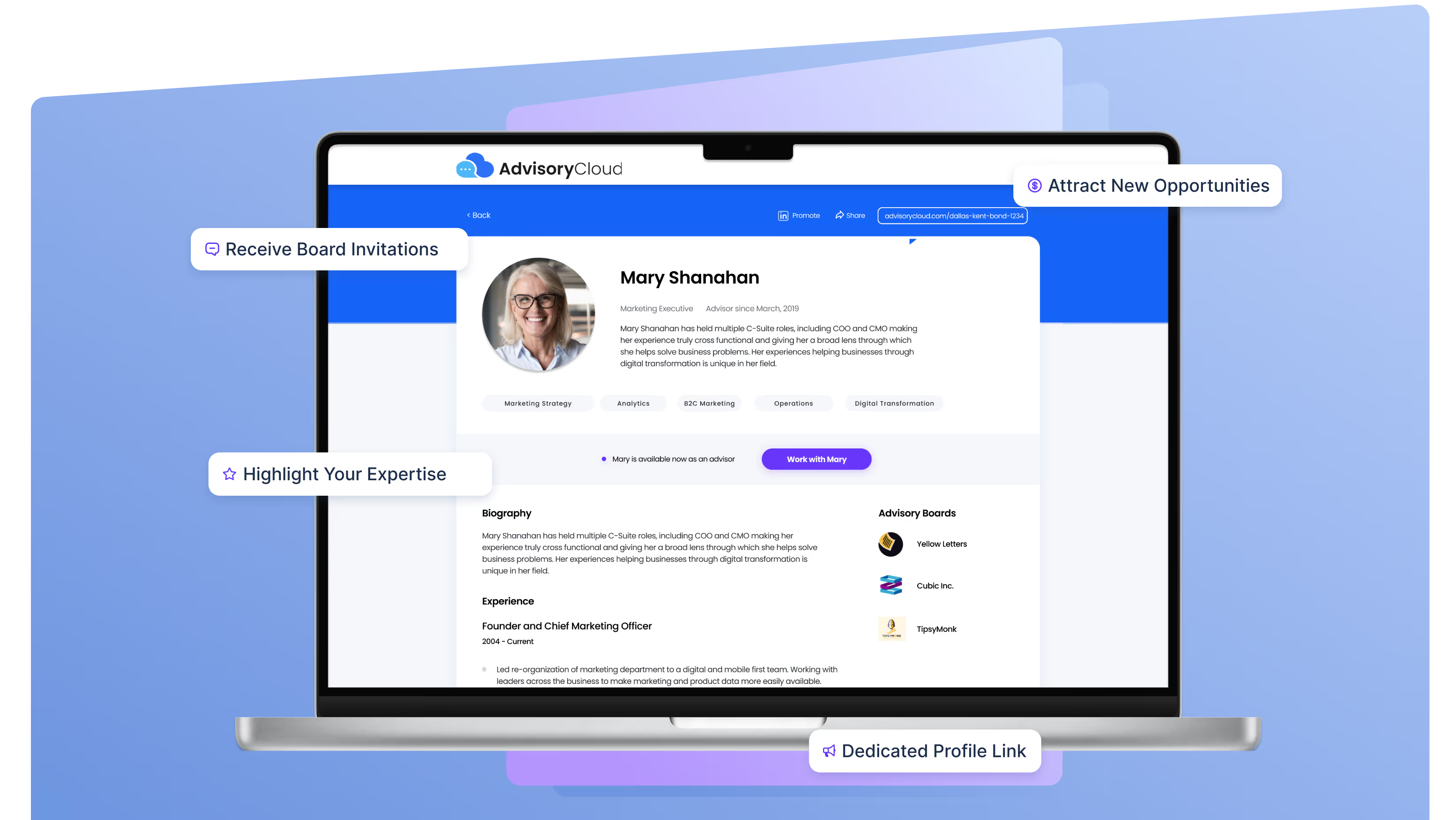January 30, 2023

It's easy to get caught up in the idea that career success is mainly about making money, but non-financial goals can be just as important for paving the way to a successful career. While it's true that money can open doors and provide opportunities, it's also true that non-financial goals like building relationships and gaining skills can be just as beneficial. To get the most out of your career, it's important to set both financial and non-financial goals.
Identifying Your Personal Goals
The first step towards setting non-financial goals is to identify what your personal goals are. What do you want to achieve? What do you want to become? Do you want to master a certain skill? Or do you want to gain experience in a certain field? Knowing what you want to accomplish will help you to focus on setting goals that will help you get there.
Once you have identified your goals, it is important to break them down into smaller, achievable steps. This will help you to stay motivated and on track. Additionally, it is important to set a timeline for each goal. This will help you to stay focused and ensure that you are making progress towards your goals.
Understanding the Benefits of Non-Financial Goals
Non-financial goals can be just as rewarding as financial goals, and have their own unique set of benefits. For example, if you set a goal to become an expert in a certain field, you will gain valuable experience and knowledge that will give you a competitive edge. Additionally, if you set goals that involve building relationships, such as networking or mentoring, it can open up new opportunities and connections that may not have been available otherwise.
Non-financial goals can also help you to develop important skills such as problem-solving, communication, and time management. These skills can be applied to any situation, and can help you to become more successful in both your personal and professional life. Furthermore, setting non-financial goals can help to increase your motivation and focus, as you are working towards something that is meaningful to you.
Developing a Plan for Achieving Your Goals
Once you've identified your personal goals, it's time to create a plan for achieving them. Start by breaking down your goals into smaller, more manageable tasks. For example, if your goal is to master a certain skill, you might create a list of steps needed to develop that skill, such as taking classes or getting certifications. After creating the list, set timelines for each task and assign deadlines for yourself. This will help keep you on track and motivated.
It's also important to create a plan for how you will measure your progress. This could include tracking your progress in a journal or setting up a system of rewards for yourself when you reach certain milestones. Additionally, it's important to be flexible and adjust your plan as needed. Life can be unpredictable, and it's important to be able to adapt to changes in order to stay on track with your goals.
Creating Accountability for Your Goals
Creating accountability for yourself is key to achieving your non-financial goals. One way to do this is by sharing your goals with other people who can provide support and encouragement along the way. You could also consider joining a group or finding an accountability partner who can help keep you on track. Additionally, it's important to remember to celebrate small successes along the way - this will help keep you motivated and focused on achieving your ultimate goal.
Creating a timeline for your goals can also be a great way to stay accountable. Break down your goal into smaller, achievable steps and set deadlines for each step. This will help you stay on track and make sure you are making progress towards your goal. Additionally, tracking your progress can be a great way to stay motivated and see how far you have come.
Strategies for Overcoming Obstacles
No matter how well-crafted your plan might be, there will inevitably be obstacles along the way. The key is to develop strategies for overcoming these obstacles. For example, if you find yourself struggling with a particular task, try breaking it down into smaller steps or enlisting help from someone who has more experience in the area. Additionally, make sure to give yourself grace and practice self-care - it's important to remember that setbacks are part of the process and should not be seen as a sign of failure.
Staying Motivated and Committed to Your Goals
In order to stay motivated and committed to your goals, it's important to remember why you set them in the first place. Make sure to take time each day or week to reflect on your progress and give yourself credit for all the hard work you are putting in. Additionally, it can be helpful to remind yourself of the long-term benefits of achieving your goals - this will help keep you focused on the end-goal.
Measuring Progress Towards Your Goals
It's important to measure your progress as you work towards achieving your non-financial goals. This could involve tracking how many hours you spend working on a particular task or keeping a record of all the resources you use while working on a project. Additionally, make sure to note any successes or improvements along the way - this can help keep you motivated and focused on reaching your ultimate goal.
Celebrating Successes Along the Way
Finally, it's important to remember to celebrate successes along the way. Every small accomplishment should be celebrated as it will help keep you motivated and remind you of why you set those goals in the first place. You could take time each week or month to reflect on your progress or take a break from working on your projects to indulge in something you enjoy. Celebrating successes will help keep you energized and excited about achieving your ultimate goal.
How to Use Non-Financial Goals to Advance Your Career
Setting non-financial goals can be a great way to advance your career. Not only will it help you develop new skills and build relationships, but it will also give employers an indication of how committed and motivated you are. Additionally, having non-financial goals can provide some much-needed balance in life - it will give you something to strive for outside of the workplace. Achieving non-financial goals can also open up new doors and opportunities that may not have been available otherwise.
Overall, setting non-financial goals is an important part of career success. Not only can it provide a sense of fulfillment and pride, but it can also help advance your career in ways that money can't. By identifying your personal goals and developing a plan for achieving them, you can start taking steps towards achieving success.
See what boards you match with.
See what you qualify for with our 2-minute assessment.


Similar Articles

August 20, 2025
What every CIO needs to do in their first 100 days.
August 20, 2025
The Top 10 Mistakes that CEOs Make
August 20, 2025
The 8 Qualities of high performing CEOs
August 20, 2025
How to Choose the Right Mentor: A Comprehensive Guide
August 20, 2025
How to become a business advisor as a VP of Marketing
August 20, 2025
How to Become a Board Member: A Step by Step Guide
August 20, 2025
How networking with your executive peers will help you grow.
August 20, 2025
Do You Need a Sponsor or Mentor to Advance Your Career?
August 20, 2025
Achieving Tech Career Goals for Mid-Career Professionals
August 20, 2025
5 Ways to develop as a leader in your role.






